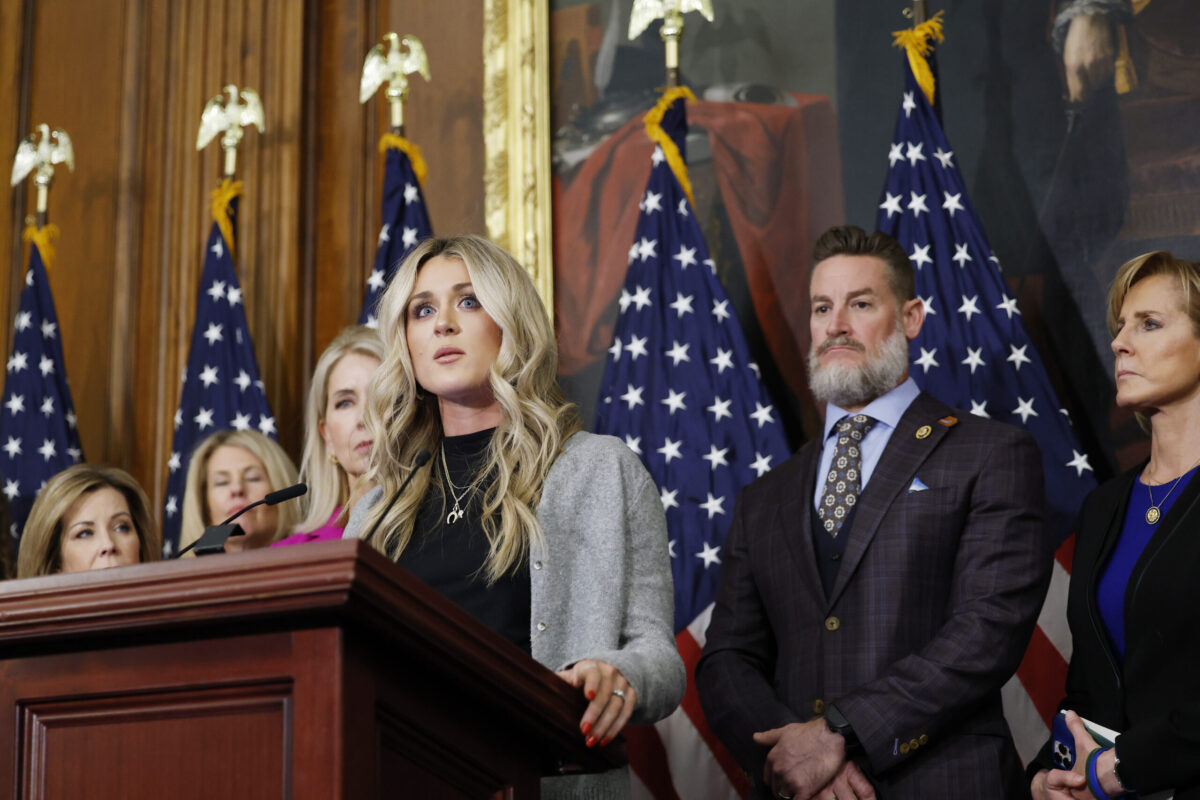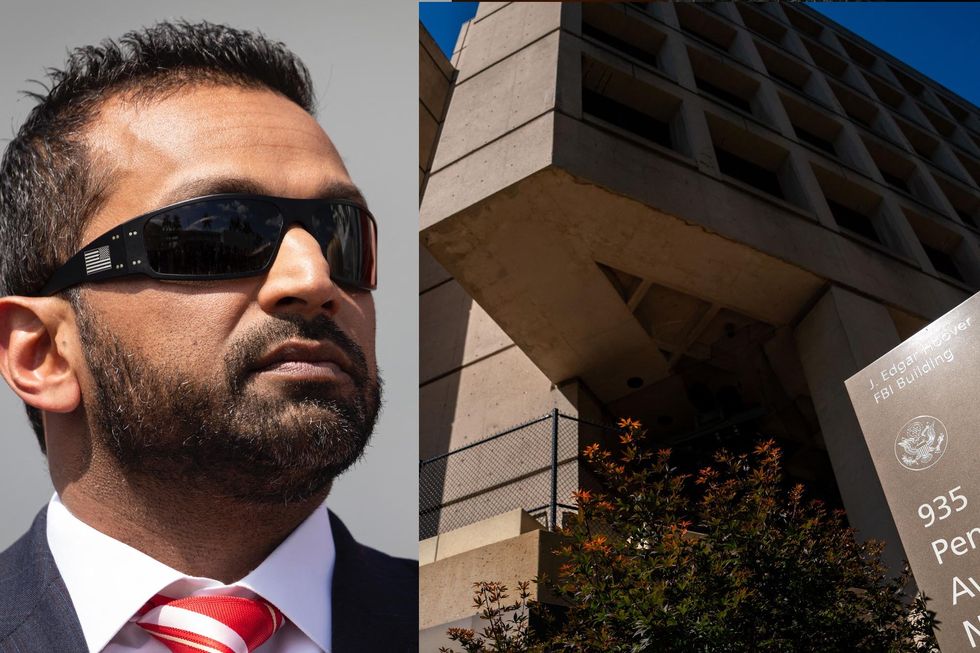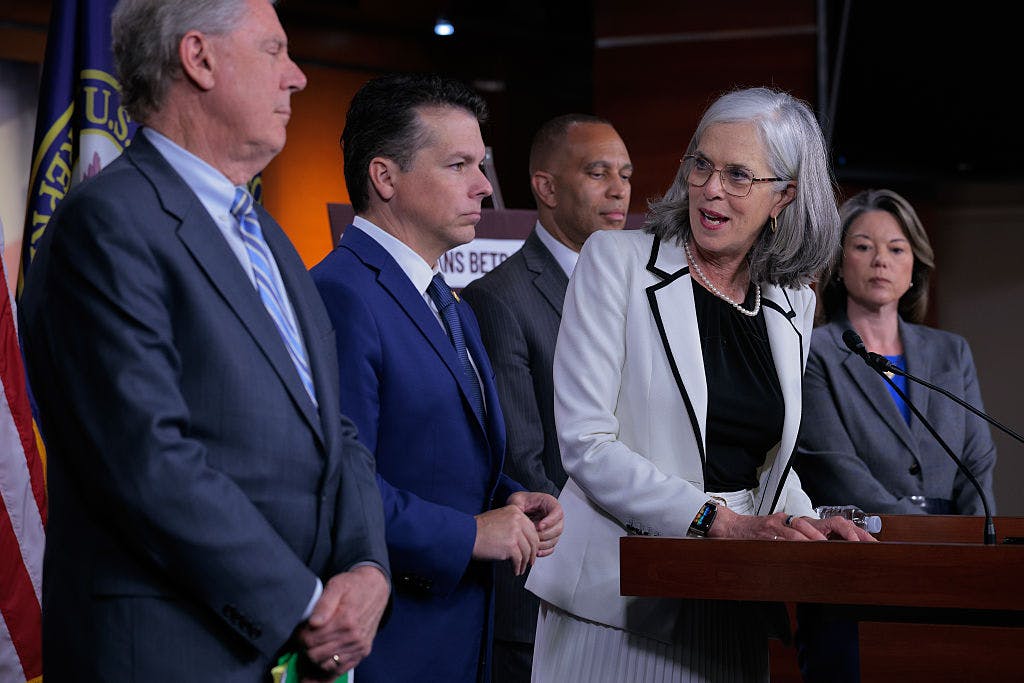Pentagon’s software approval process is crushing innovation



The Department of Defense is actively undermining our national security, and most Americans don’t even know it’s happening. It isn’t happening because of any nefarious plot or external threat, but through a bureaucratic approval process that’s choking competition while holding technological innovation within our military.
The current Authority to Operate (ATO) process – the system for certifying new software for military use – is one of the most antiquated in government. It’s too slow, too expensive, and ultimately serves to create a monopoly that benefits a handful of large defense contractors while shutting out new and innovative solutions from startups our warfighters desperately need.
Here’s what this means in practical terms: Imagine you’re a small tech company that has developed breakthrough artificial intelligence software that could save soldiers’ lives by detecting threats before they become lethal. Under the current system, you would need to spend millions of dollars and wait years just to get your software approved for military use. Most small companies simply can’t afford this waiting game, and it’s possible that the barriers push our best innovators away from defense work entirely.
The result? The Pentagon increasingly relies on a small handful of giant contractors who can afford to wait out the bureaucracy. We’re creating the same kind of dangerous dependency with software that we already have with hardware, where only a few companies can build our ships and aircraft. This isn’t just inefficient – it’s dangerous.
Consider the implications: While we slowly process paperwork, our adversaries are rapidly deploying new technologies. China has made it clear that they intend to dominate the battlefield through technological superiority, particularly in areas like artificial intelligence and cyber warfare. They’re not handicapping their own innovation with byzantine approval processes.
The good news is that Congress is finally waking up to this threat. The House Armed Services’ Subcommittee on Cyber Innovative Technologies and Information Systems has proposed changes to streamline the ATO process as part of this year’s National Defense Authorization Act. Their proposal includes “reciprocity” provisions that would prevent duplicative testing and certification – a common-sense reform that would significantly reduce both time and cost.
Here’s what needs to happen:
First, Congress must pass the proposed ATO reforms in the current NDAA. But that’s just the start. The Pentagon admits they have a problem; John Sherman, DOD Chief Information Officer, said “We’ve heard you loud and clear on [ATO challenges] within the DOD.” Now they need to completely reimagine its software certification process for a competitive digital age. This means creating fast-track options for certain types of software, embracing standardized testing protocols, and developing automated certification tools that can accelerate the process while maintaining security standards.
Second, we need to establish clear pathways for small businesses and startups to enter the defense market. This could include mentorship programs pairing small innovators with experienced defense contractors, and dedicated funding streams for companies navigating the ATO process for the first time.
Finally, in our effort to ensure impenetrable security, we cannot tolerate an approval process so onerous that it prevents us from deploying new tools and capabilities.
The stakes couldn’t be higher. In an era where software capabilities can mean the difference between victory and defeat, we cannot afford to maintain a system that stifles innovation and creates dangerous dependencies, a monopoly pathway that is slow and costly. Our adversaries are not standing still, and neither should we.
The choice is clear: reform this broken system now or watch as our military technological edge slowly erodes. Our national security – and the lives of our service members – may well depend on which path we choose.
Aiden Buzzetti is the president of the Bull Moose Project, which is based in Washington, D.C.
SUPPORT TRUTHFUL JOURNALISM. MAKE A DONATION TO THE NONPROFIT WND NEWS CENTER. THANK YOU!
What's Your Reaction?
 Like
0
Like
0
 Dislike
0
Dislike
0
 Love
0
Love
0
 Funny
0
Funny
0
 Angry
0
Angry
0
 Sad
0
Sad
0
 Wow
0
Wow
0









































































